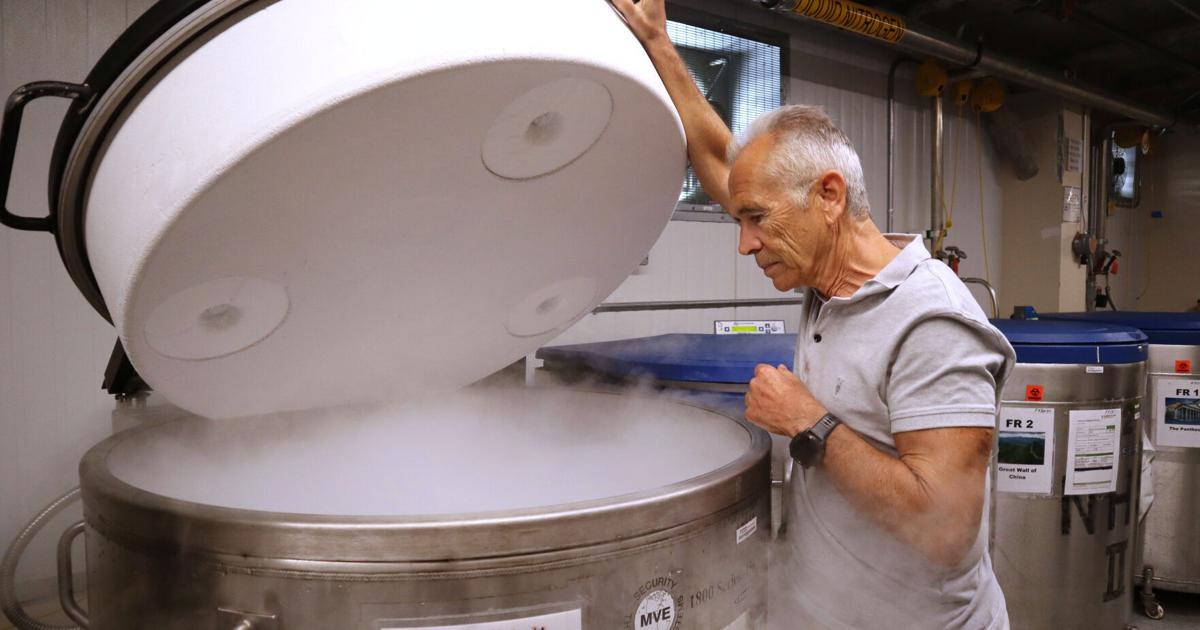By Gary M. Pollack
Copyright buffalonews

Gary M. Pollack
At a time of heightened scrutiny of higher education, it is worth reaffirming what colleges and universities contribute – not just to students, but to society as a whole.
Higher education equips students to adapt, contribute and lead in a changing world. During the 2021–22 academic year, more than 4 million people earned a four-year degree or higher. Early-career workers with a bachelor’s degree earned significantly more than their peers who do not have a degree and experienced lower unemployment. But the value of higher education goes far beyond individual outcomes.
As a sector, higher education contributes hundreds of billions of dollars annually to the U.S. economy, driven not only by direct employment and spending but also by research, innovation and the work of graduates who serve their communities. International students alone contribute tens of billions more, supporting local economies and expanding global engagement. In fact, higher education accounted for nearly 30% of U.S. economic growth in the final quarter of 2024.
At institutions like the University at Buffalo, faculty in pharmacy and across the health professions conduct research that improves care, advances new therapies and trains the next generation of health leaders. That work relies heavily on support from the National Institutes of Health (NIH) — which has long been the world’s largest public funder of biomedical research.
NIH-supported research has played a role in nearly every major medical advancement in recent decades, including the vast majority of new drug approvals.
Here at UB, these investments fuel breakthroughs in computational drug design AND expand community-based pharmacy services .
NIH funding has also enabled UB researchers to develop a treatment that helps children with high-risk Hodgkin lymphoma survive the disease. And it is powering our studies that may vastly improve how we treat Type 1 diabetes, Alzheimer’s disease, heart failure and other common and deadly diseases.
Without such investments, the pipeline of innovation and health care delivery narrows, both here at UB and throughout the nation.
The enduring value of higher education and public research is clear. These systems move our country forward.
Gary M. Pollack, Ph.D., is a professor and dean of the School of Pharmacy and Pharmaceutical Sciences at the University at Buffalo.